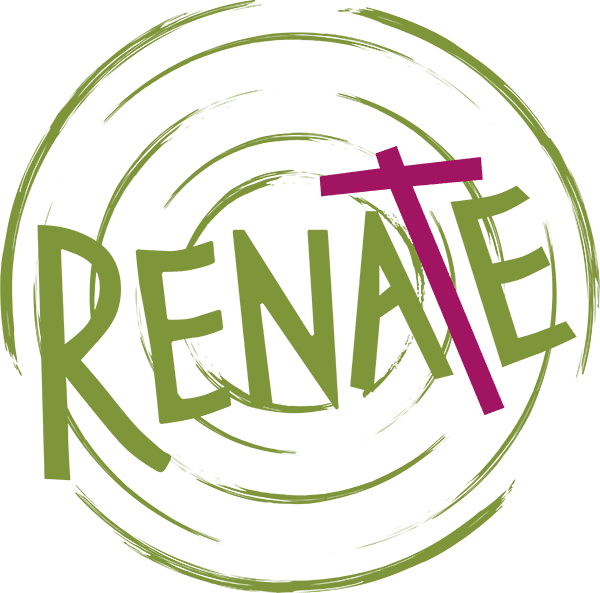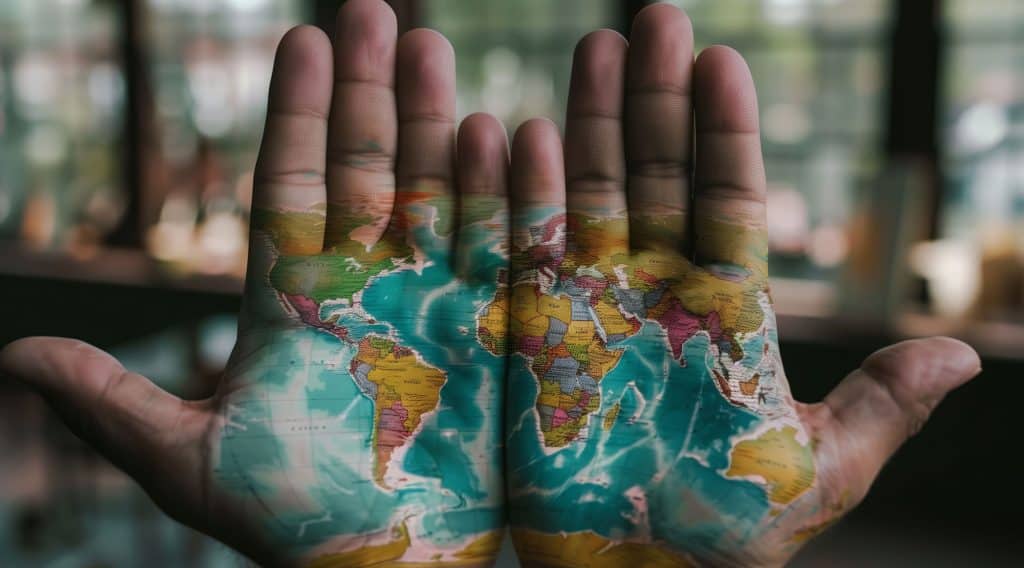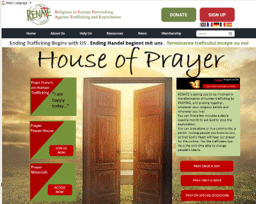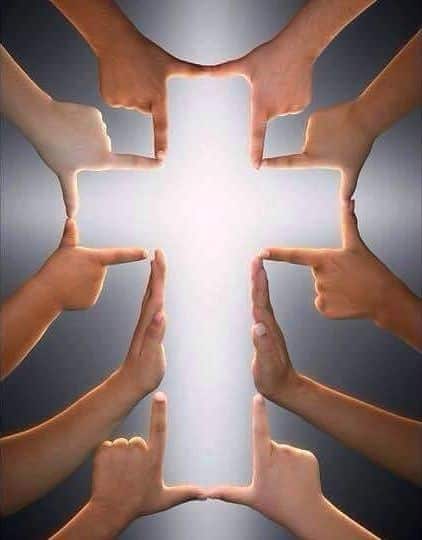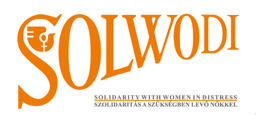
The power of possibilities despite the COVID-19 Pandemic
COVID-19 has impacted our Association in a certain way. We had just started two new projects at the beginning of March, one of which is a prayer-event series for those who serve vulnerable people.

